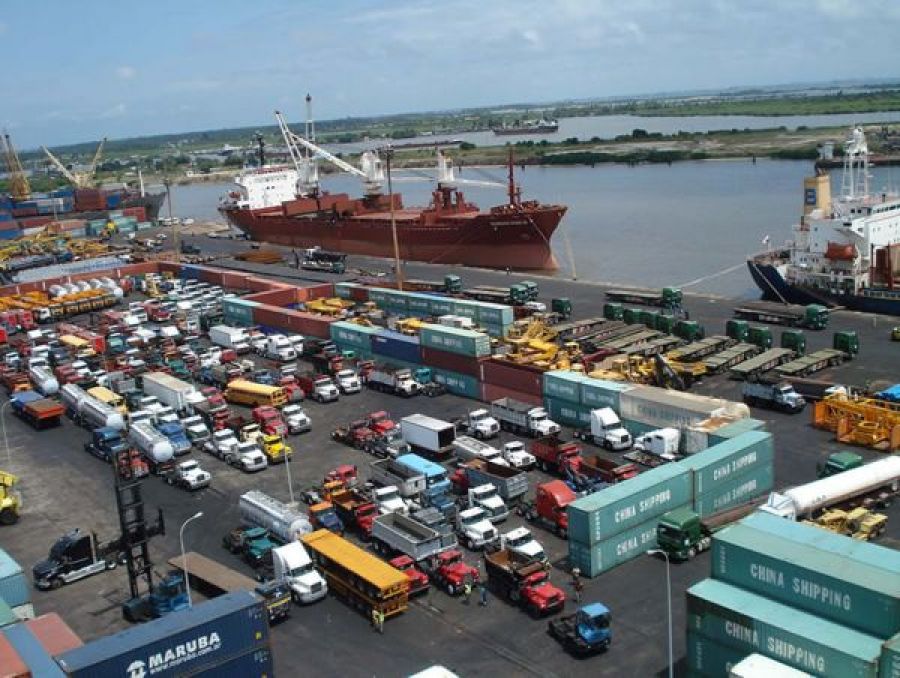Nigeria’s maritime industry has the potential to inject a staggering $44 billion into the country’s Gross Domestic Product, GDP, annually, but experts say this can only be achieved with robust national regulations and concerted efforts from stakeholders.
This was the central message at the 13th Annual Conference of the Nigerian Institution of Marine Engineers and Naval Architects, NIMENA, held in Port Harcourt.
Themed “Advancing National Maritime Regulations for Shared Prosperity,” the event gathered industry leaders to discuss strategies for unlocking the sector’s potential.
Dr. Daniel Tamunodukobipi, NIMENA National Chairman, called for unified action to enhance maritime regulations.
Tamunodukobipi, who is also the Head of Department, Marine Engineering at the Rivers State University, said the starting point is putting round pegs in round holes by deploying professionals in the agencies relied upon to develop the maritime sector.
“We must work together to advance national maritime regulations and unlock the industry’s potential,” he said, emphasizing the sector’s pivotal role in Nigeria’s economic growth.
Also speaking, George Okoroma, Chairman of the South-South Steering Committee, underscored the critical link between regulations and safety.
“We must regulate engineering practices to prevent accidents and ensure the industry’s growth,” he said, stressing the need for stronger oversight.
The conference also delved into the Cabotage Act, a law aimed at bolstering local content in the maritime sector.
Jibril Abba, Executive Director of Maritime Labour and Cabotage Services, represented by Stephen Opara, explained that the Act is designed to foster indigenous capacity. “The Act is designed to prevent foreign domination of our trade and encourage indigenous capacity building,” he noted.
The keynote speaker, Andrew Aligbe, highlighted that effective regulations form the foundation of a sustainable maritime industry. “Maritime regulations are the backbone of a robust, sustainable, and inclusive maritime industry,” he said.
In addition to regulatory reforms, discussions at the conference covered technological advancements in naval architecture, innovative approaches to maritime safety, and strategies for leveraging financing to drive growth.
Stakeholders emphasized the urgency of collaboration to maximize the industry’s potential, as they remain focused on transforming the sector into a key driver of Nigeria’s economic prosperity.


Comment here